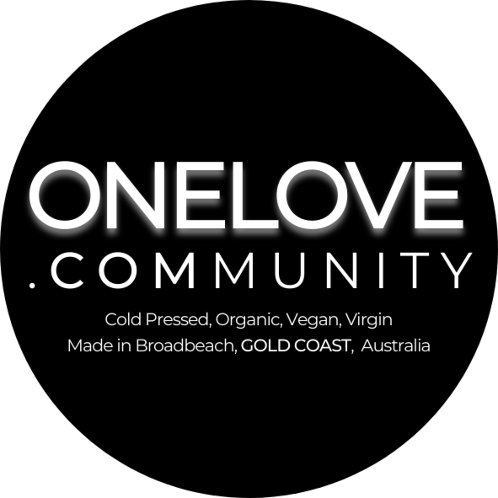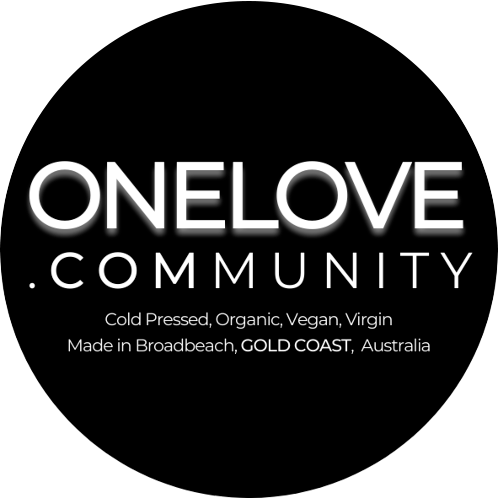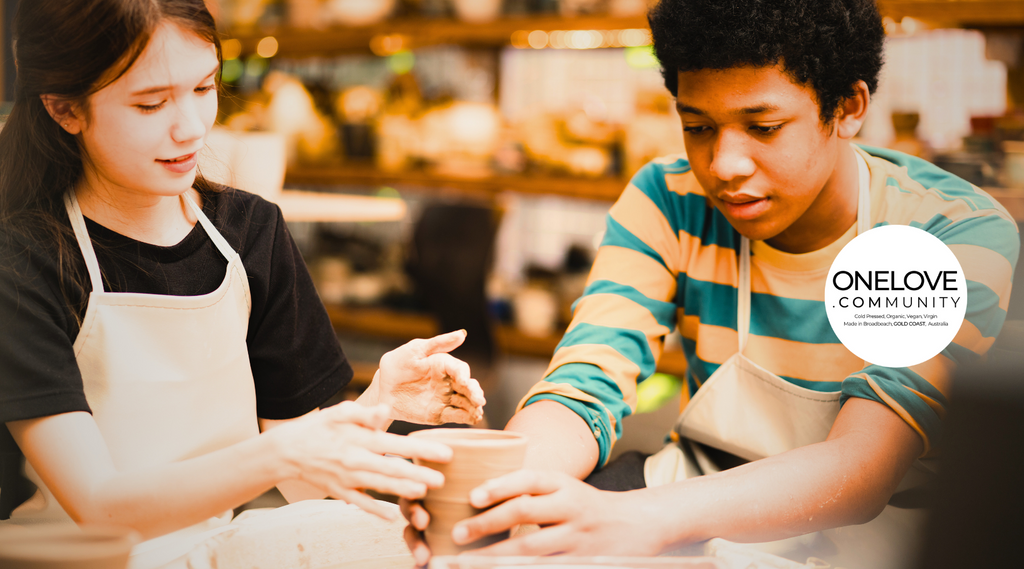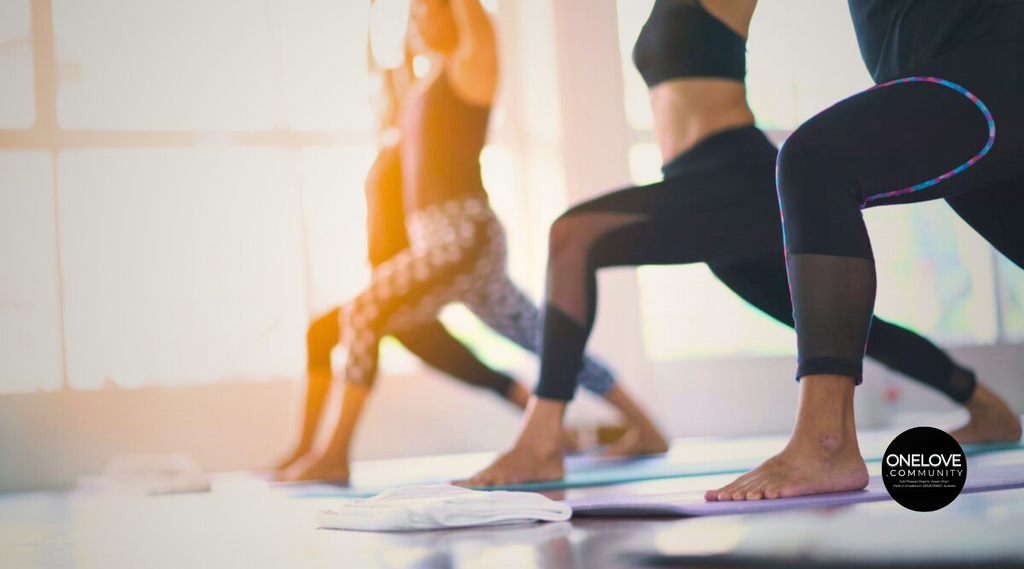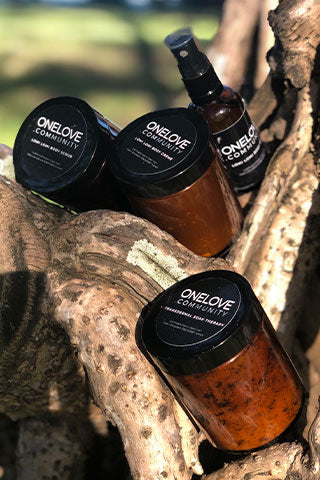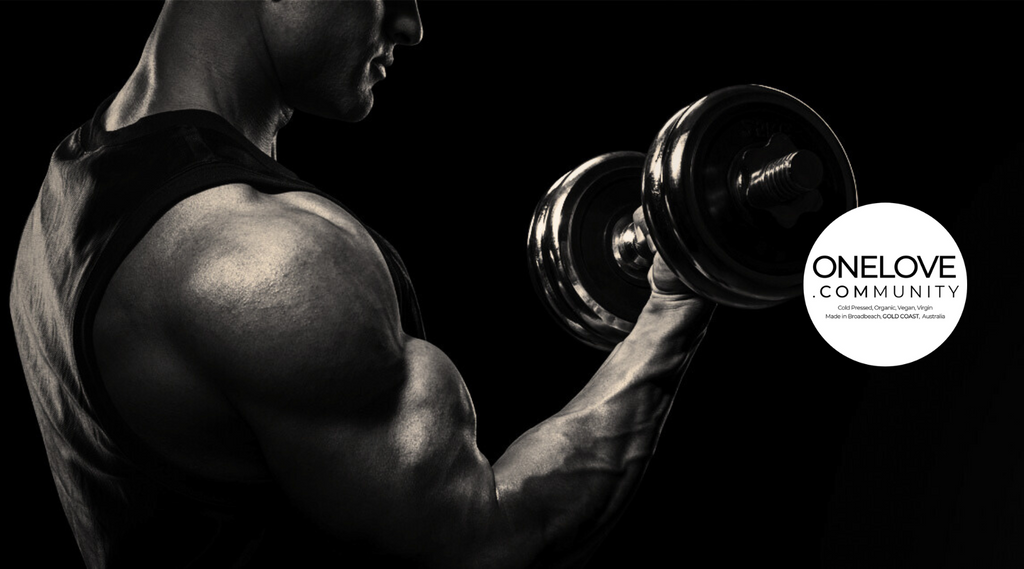
Neurodiverse Affirming Self-Care for Peak Performance

Neurodiverse Affirming Self-Care for Peak Performance
Exploring the science behind self-care practices and their profound influence on human performance reveals a fascinating realm of possibilities for your quality of life and longevity.
From enhancing cognitive abilities to nurturing overall well-being, applying self-care techniques can markedly impact the daily lives of autistic people.
Delving into self-care provides empowering insights that can revolutionise your approach to self-care human performance and ultimately transform your personal and professional efficacy.
Understanding Neurodiversity and Self-Care
Neurodiversity: An Inclusive Perspective

Neurodiversity describes and values the diverse range of human brains and minds—the infinite variations in neurocognitive functioning within our species.
It suggests that neurological differences, like those seen in autism and ADHD, are the result of regular, natural variations in the human genome.
Neurodiversity implies and encourages the inclusion of neurodiverse individuals, affirming their rights and contributions to society.
In practice, it involves recognising the strengths and challenges unique to each individual and providing support tailored to their needs.
By fostering an inclusive environment, you can help autistic individuals and those with ADHD to engage more fully in life, enhancing cognition and overall well-being.
Embracing neurodiversity also means appreciating that being different doesn't mean less and that everyone has something valuable to contribute to the community, whether on the Gold Coast, Brisbane or beyond.
Decoding the Science of Self-Care

Self-care is a personal discipline and practice that involves activities to maintain or improve mental and physical health.
It is grounded in the understanding that individual well-being is the foundation of sustained high performance, the capacity to thrive and an exceptional quality of life.
For neurodiverse individuals, self-care often includes strategies for sensory regulation, structured routines, and harmony expansion techniques.
The science behind self-care shows that these practices can enhance cognition and increase emotional harmony.
It is not merely relaxation; it is purposefully organising conditions where the brain and body can function optimally.
In neurodiverse affirming self-care, there's an emphasis on the unique ways in which autistic individuals and those with ADHD experience the world.
Tailoring self-care practices to these experiences allows for greater effectiveness and a more profound impact on daily functioning, fostering inclusion and a better understanding of neurodiversity on the Gold Coast and in Brisbane.
Self-Care for Neurodiverse Individuals: Benefits and Techniques
Boosting Performance through Self-Care

Adopting a self-care regimen can significantly boost performance for individuals with autism and ADHD.
Tailored self-care practices can improve concentration, increase emotional regulation, and expand your capacity for harmony.
Self-care is crucial for increasing peak performance in academic settings, the workplace, or daily life on the Gold Coast.
Techniques such as mindfulness, structured planning, and physical activity enhance cognitive abilities and support neuroplasticity, the brain's ability to adapt and change.
Additionally, consistent self-care practices reduce anxiety and increase an overall sense of well-being, further contributing to an individual's ability to consistently perform tasks effectively and efficiently.
Implementing self-care empowers neurodiverse communities to leverage their full capacities by including and understanding their unique perspectives.
Neurodiverse Affirming Self-Care Techniques

To create a neurodiverse-affirming self-care routine, it is essential to incorporate techniques that cater specifically to the needs of an autistic individual and those with ADHD.
This includes creating sensory-friendly environments that reduce overwhelm and enhance cognition.
For instance, using noise-cancelling headphones to mitigate auditory distractions can significantly affect concentration and comfort.
Integration of visual schedules or timers can provide a reassuring structure that helps manage time effectively.
Another critical strategy is engaging in activities that play to the individual's strengths and interests, boosting self-esteem and motivation.
Whether through art, music, or technology, these pursuits provide an outlet for expression and relaxation.
Physical activities, particularly solo activities like swimming or running, are also beneficial as they improve overall health and endocrine performance and can be easily adapted to suit personal preferences and abilities.
Mindfulness and meditation are equally valuable, allowing individuals to connect with their thoughts and feelings in a non-judgmental space, fostering a sense of peace and self-compassion.
By embracing these self-care techniques, neurodiverse individuals can foster a lifestyle that supports their well-being and allows them to thrive in their communities on the Gold Coast, in Brisbane, and beyond.
Finding the Path to Self-Care in Gold Coast and Brisbane
Contextualising Self-Care within the Autistic Community

In the autistic community, self-care must be understood and practised within a framework that respects and responds to the unique ways autistic individuals experience the world.
On the Gold Coast and in Brisbane, this means building support systems and resources accessible and informed by the community's needs.
It involves education and advocacy to ensure that self-care is not considered a luxury but a fundamental right and a necessary aspect of daily life.
For the autistic community, self-care might include specialised support groups, accessible recreational activities, and services that understand sensory sensitivities.
It is also necessary to allow for safe spaces where individuals can share experiences without fear of judgment.
On the Gold Coast and in Brisbane, fostering a culture of inclusion and understanding where self-care is integrated into community planning and development is essential if an individual and collective intends to thrive.
This approach benefits autistic people and enriches the broader community with a more profound cultural competency and an inclusive mindset.
Cultivating Cultural Competency in Self-Care

Cultural competency is a cornerstone in effectively supporting the autistic community on the Gold Coast and in Brisbane with self-care.
It requires an understanding that cultural backgrounds and personal experiences influence self-care routines and preferences.
Professionals and caregivers must have the knowledge and sensitivity to recognise and respect these differences, tailoring self-care approaches accordingly.
It is important for mental health professionals to engage in continuing professional development activities that will expand their cultural competencies experientially.
Commitment to cultural competency ensures that the practices and strategies recommended are relevant and beneficial.
Training and education in cultural competency help service providers develop a more empathetic and informed approach to self-care, ensuring that their recommended strategies enhance cognition and well-being without imposing one-size-fits-all solutions.
For autistic individuals, this means receiving support that feels respectful and inclusive, allowing them to maintain their cultural identity while pursuing health and happiness.
As Gold Coast and Brisbane communities become more diverse, cultural competency becomes more urgent.
To start creating your personalised self-care program, contact us.
